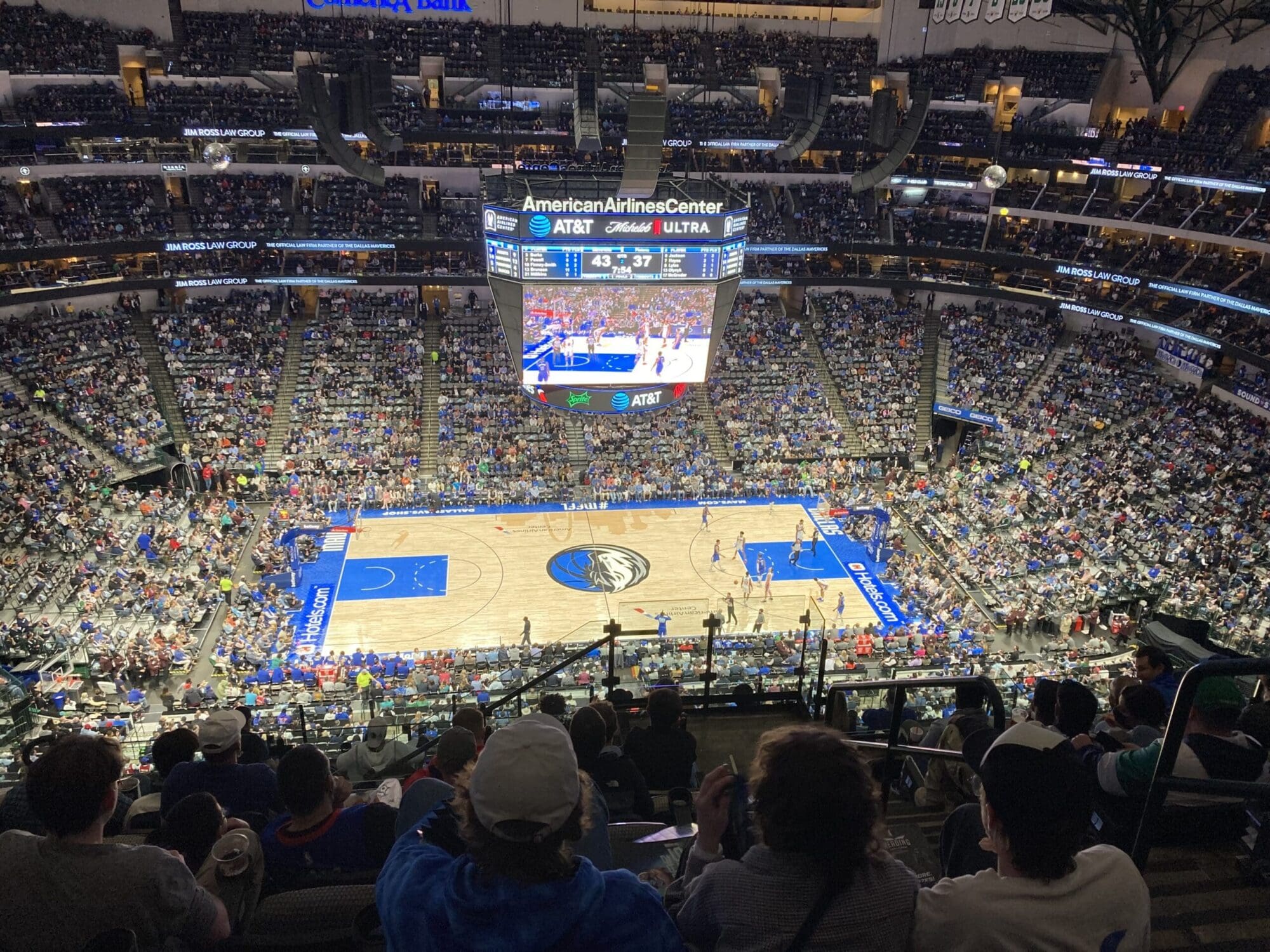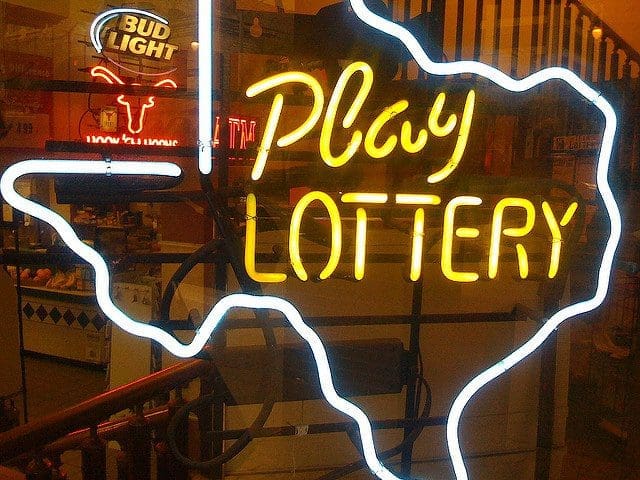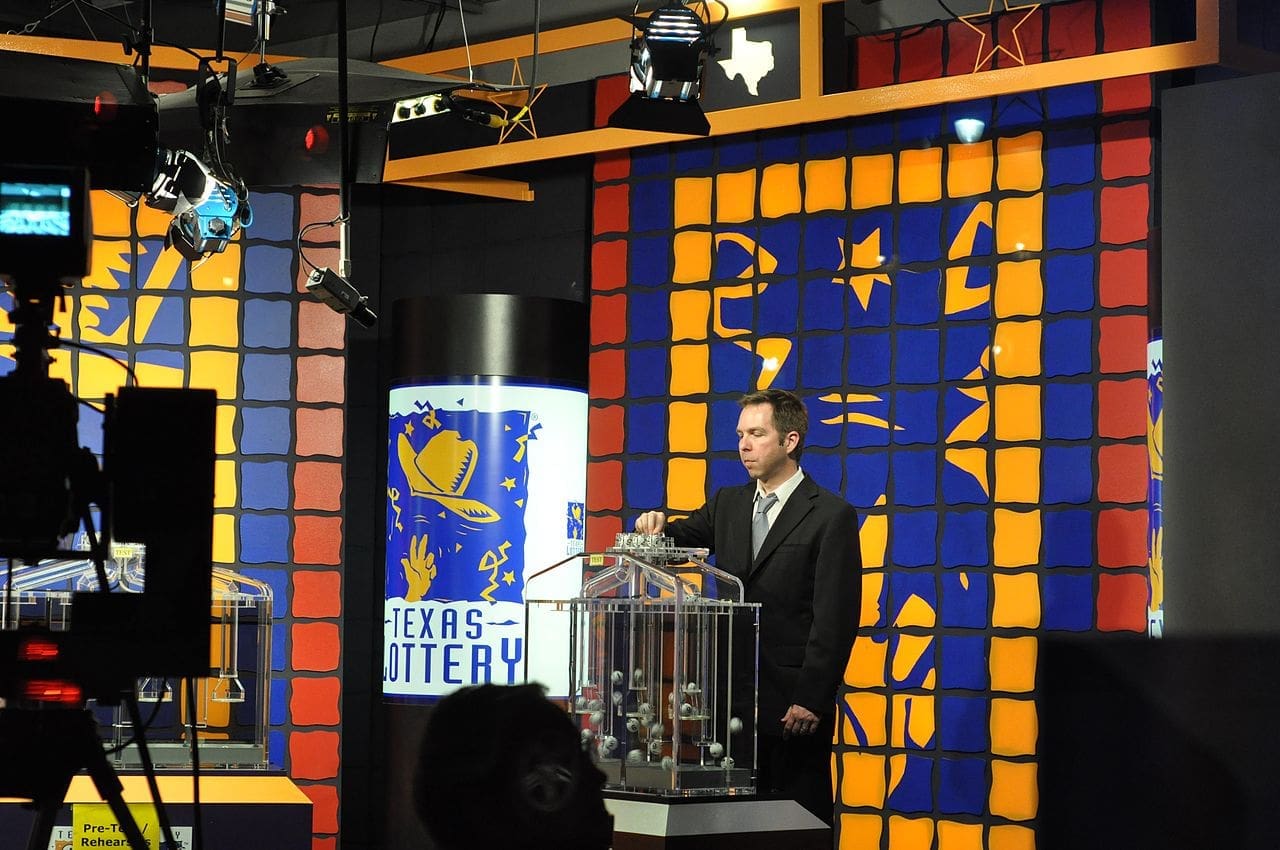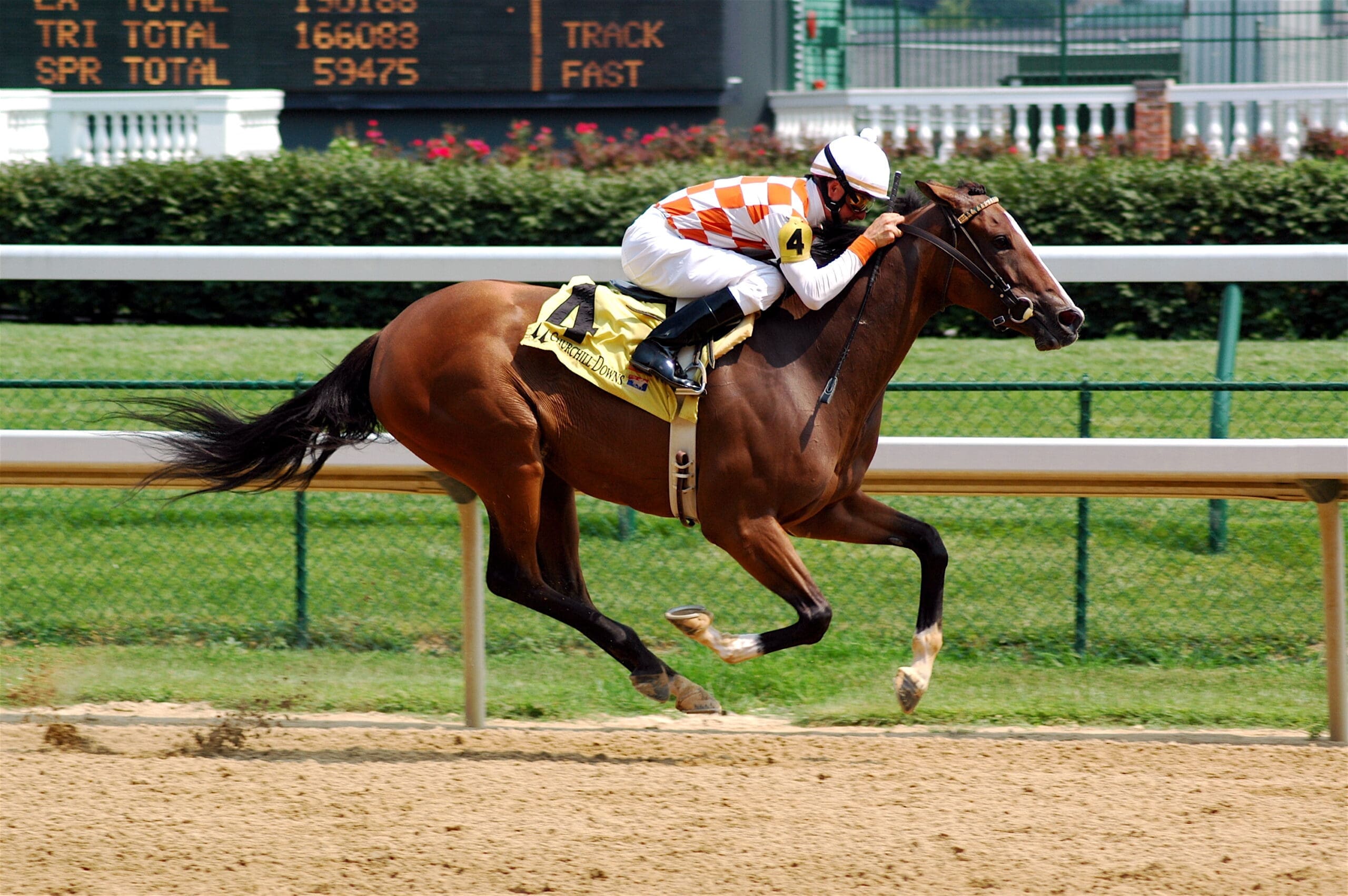Over the weekend, the sports world was stunned to learn that the Dallas Mavericks basketball team had traded generational talent Luka Doncic to the Los Angeles Lakers.
Almost immediately, the trade was linked to the Maverick’s new ownership, Sands Casino, which is trying to bring casino gambling to Texas.
The theory, which is not without merit, is that Sands plans to tank the Mavericks intentionally, driving down the team’s profitability to set up a game of chicken: Tell the state to either expand gambling in Texas and let them build a basketball-casino complex or the team will move to Las Vegas.
The only flaw in the conspiracy is that Sands has not operated a casino in Las Vegas since 2021.
Sure, they could reestablish themselves there, but it would be costly, and they’d be returning to a crowded market with softening gambling margins. Based on recent Las Vegas development timelines, a casino-arena would take five to eight years to complete.
For now, the company has gone all-in on China. For the record, it’s unlikely that the Mavericks will move to China, though it represents a massive market for the NBA, one that’s forced another Texas team to kowtow in the past.
After divesting gambling and real estate holdings in the U.S., Sands has been plowing resources into China, and the market represents its largest revenue source now and on a going-forward basis.
Sands Corp acquired a majority stake in the Mavericks in late 2023. The acquisition was announced after a legislative session during which casino gambling legislation failed to pass the House but got further than ever, a function of House leadership carrying Sands’ water.
Then, the company had its clock cleaned in the 2024 elections, dousing its prospects of rerunning the 2023 legislative assault in 2025 with cold water.
During a late January earnings call, Patrick Dumont, Sands Chief Operating Officer, stated there was “nothing to report” on gambling expansion efforts in Texas, a marked departure from past posturing.
Notably, Dumont and the Mavs’ former majority owner, Mark Cuban, have publicly distanced themselves from the trade.
While Texans are being bombarded by pro-casino marketing, it should be noted that proximity to casinos doubles problem gambling and increases rates of bankruptcy and crime. Earl Grinols, a former Baylor University economist, has conducted research that indicates casinos generate $3 in social costs for every $1 in tax revenue.
Several recent and far less complex examples of ownership groups working to create leverage to extract handouts from taxpayers have backfired, ending in teams relocating. The Oakland Raiders football team and Athletics baseball franchise angled for new digs but ultimately moved to Vegas.
Not only is Oakland out a football team, but they are still on the hook to the tune of millions per year based on the deal they made to relocate the team from LA in 1995. Taxpayers being bilked to build is a losing scenario, compounding it with parasitic gambling would add insult to Dallas’ Doncic injury.
In the wake of the trade controversy, it was widely reported that Mavericks officials denied relocation plans on a staff call. The team’s lease at American Airlines Center in Dallas runs through 2031.





